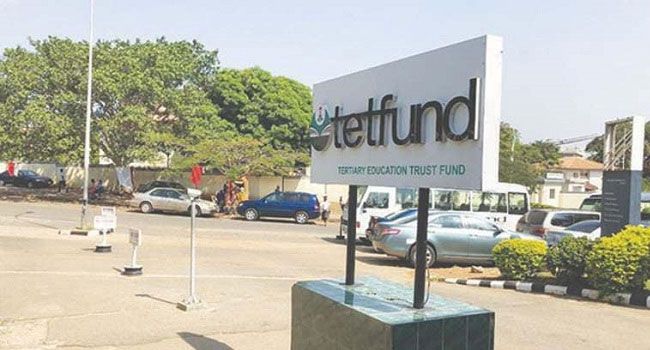
The U.S. Supreme Court on Monday declined to hear an appeal from SAP, Europe’s largest software company, in its bid to block an antitrust lawsuit brought by American data analytics firm Teradata.
The decision allows Teradata’s claims, accusing SAP of illegally tying software sales to its proprietary database technology, to proceed in a California federal court.
Teradata, based in San Diego, first filed the lawsuit in 2018, alleging that SAP leveraged its dominant position in enterprise resource planning (ERP) software to stifle competition in the data analytics market.
The company contends that SAP required customers to purchase its own integrated database, one capable of handling both transactional and analytical workloads, alongside its business applications, thereby disadvantaging competitors such as Teradata.
SAP, headquartered in Germany, has denied any wrongdoing, arguing that its products were developed independently and that the company competes fairly in the enterprise software market.
The Supreme Court’s refusal to intervene leaves in place a lower court ruling that found Teradata had presented sufficient evidence to move forward with its antitrust claims under U.S. law. A trial is scheduled for April 2026, which will also address SAP’s counterclaim accusing Teradata of patent infringement.
SAP’s ERP systems are widely used by corporations to manage daily operations, including finance, logistics, and supply chain management, while Teradata’s platforms specialize in analyzing large-scale data produced by such applications.
Teradata has argued that SAP’s conduct forced customers to abandon or limit the use of competing analytics tools.



